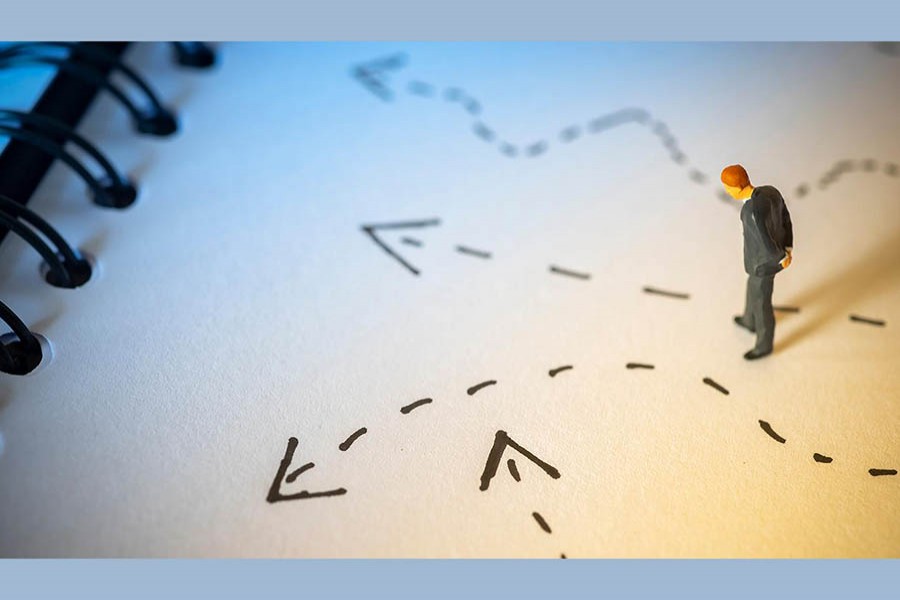People consume far less information than expected before making judgments and decisions, research of the University of Chicago Booth School of Business showed.
In a series of seven studies, participants overvalued long-term product trials, overpaid for longer access to information, and overworked to impress others, but failed to realise that extra information wouldn't actually inform anyone's judgment.
In one study, researchers asked all participants to drink one 0.5-ounce sample cup of a novel vegetable drink. Then they randomly assigned some of those participants to predict how many cups they would need to drink to decide whether they liked or disliked the drink. The others were instructed to keep drinking the cups until they decided.
The participants over predicted: They thought they would need more sample cups than they actually needed to make a decision. The discrepancy held true whether participants ended up liking or disliking the drink.
In another study, the researchers asked MBA students to apply for a hypothetical management position and write the exact number of essays they thought a hiring manager would need to read to make a decision. Participants were informed that a real hiring manager would read the essays, and that too many or too few essays would cost them the job, reports Xinhua.
The researchers found applicants wrote more essays than the hiring managers read to make their decisions. Essentially, the students "overworked to impress."
"In our studies, participants thought they would withhold judgment and await a lot of evidence before making up their minds, but in reality, they cast judgment right when the evidence came in," said Associate Professor Ed O'Brien of Chicago Booth.
The data also suggest a gap between information seekers and information providers. People who go online to research a topic or take part in a debate may only access a small fraction of what is available before making a decision, while providers of that information may assume the seekers are taking in all the information and "hear them loud and clear."
"Broadly speaking, we think this discrepancy is especially important in today's information age, with more access to more information than ever before," said O'Brien. "People may think that so much accessible information will be useful for informing opinions and changing each other's minds, without realising that minds will be made up nearly right away."
The study has been published in the Proceedings of the National Academy of Sciences.


